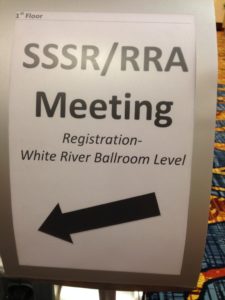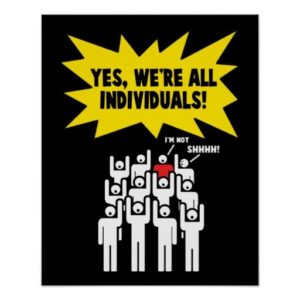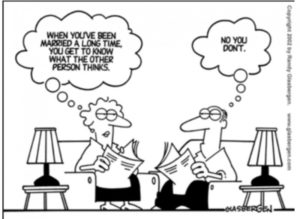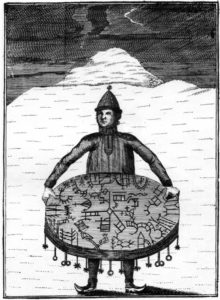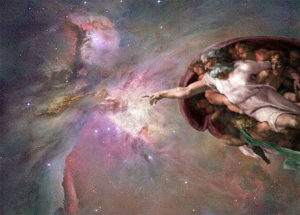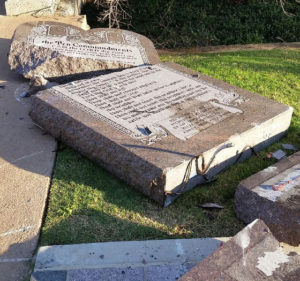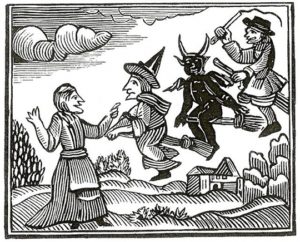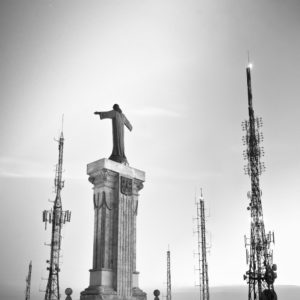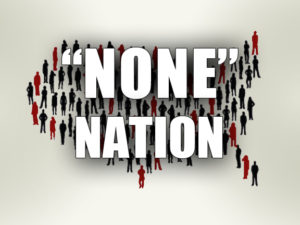
Secular, Spiritual, Religious: American Religion Beyond the Baby Boomers
In acknowledging how capacious and even misleading the “religiously unaffiliated” label has become, we might wonder if its growth is symptomatic of a taxonomy that has failed to keep pace with restructuring.
In his wide-ranging interview with Dusty Hoesly, Wade Clark Roof both re-emphasizes the importance of the baby boomer generation and suggests some ways to think beyond it. In the second half of the interview, in particular,…

